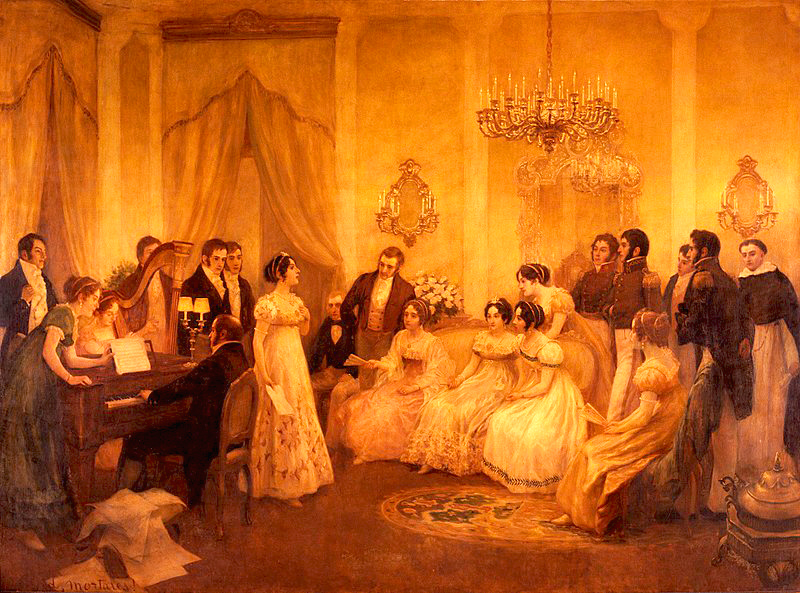
CREATE Salons
CREATE Salons are monthly public seminars where CREATE researchers and invited guests present work in progress and debate current themes related to digital humanities research and education. Past CREATE Salon Events include:
- CREATE Salon | Cultural Evolution – 26/01/2023
- CREATE Salon | Computational Creativity – 23/11/2022
- CREATE Salon | Living With Water in Amsterdam – 19/10/2022
- CREATE Salon | Polyvocal Perspectives in Archives – 07/04/2022
- CREATE Salon | Creation and Use of Musical Databases – 03/03/2022
- CREATE Salon | Creative Industries Then and Now – 03/02/2022
- CREATE Salon | Accessing Dutch Colonial Archives – 07/12/2021
- CREATE Salon | Investigating the Societal Impact of the Humanities – 21/01/2021
- CREATE Salon | On Covid-19 Research Projects – 25/11/2020
- CREATE Salon | Digital Social History and Practice-based Approaches – 31/10/2019
- CREATE Salon | Digital Art History – 06/06/2019
- CREATE Salon | Interfaces For Reusing Historical Research Data – 14/03/2019
- CREATE Salon | Involvement of Citizens – 14/02/2019
- CREATE Salon | Text Mining – 13/12/2018
- CREATE Salon | Clusters of Creativity – 11/10/2018
CREATE Digital History Workshops
The research project Creative Amsterdam: An E-Humanities Perspective (CREATE) has provided a rich testing ground for digital humanities research. Aiming to share this experience, the CREATE team set up the Digital History Workshop series. The goal of the series was to allow humanities scholars to practice, discuss and experiment hands-on with the uses of digital tools in humanities research. In monthly sessions, humanities researchers were brought together with programmers and data specialists to share experiences and explore the potentials and pitfalls of specific software and computational tools.
Have you ever wondered about the geographic and material aspects of your research? Have you ever been curious to find out what your data would look like when plotted on a map? As the “spatial turn” in history, the rise of interdisciplinary “area” studies, and the push for transnational, comparative and global approaches indicate, a concern with the (geo)spatial dimension of cultural data has long spread beyond the traditional domains of archaeology, geography and heritage studies.
The GIS Digital History Workshop was designed for all humanities scholars interested in the geographical / spatial aspects of their data. GIS stands for Geographic Information System: a wide array of computational techniques that allow scholars to statistically analyze, manage, map, manipulate and visualize geographical / geospatial data. These sessions were devoted to hands-on practice and discussion of the methodological implications of GIS software such as QGIS.
